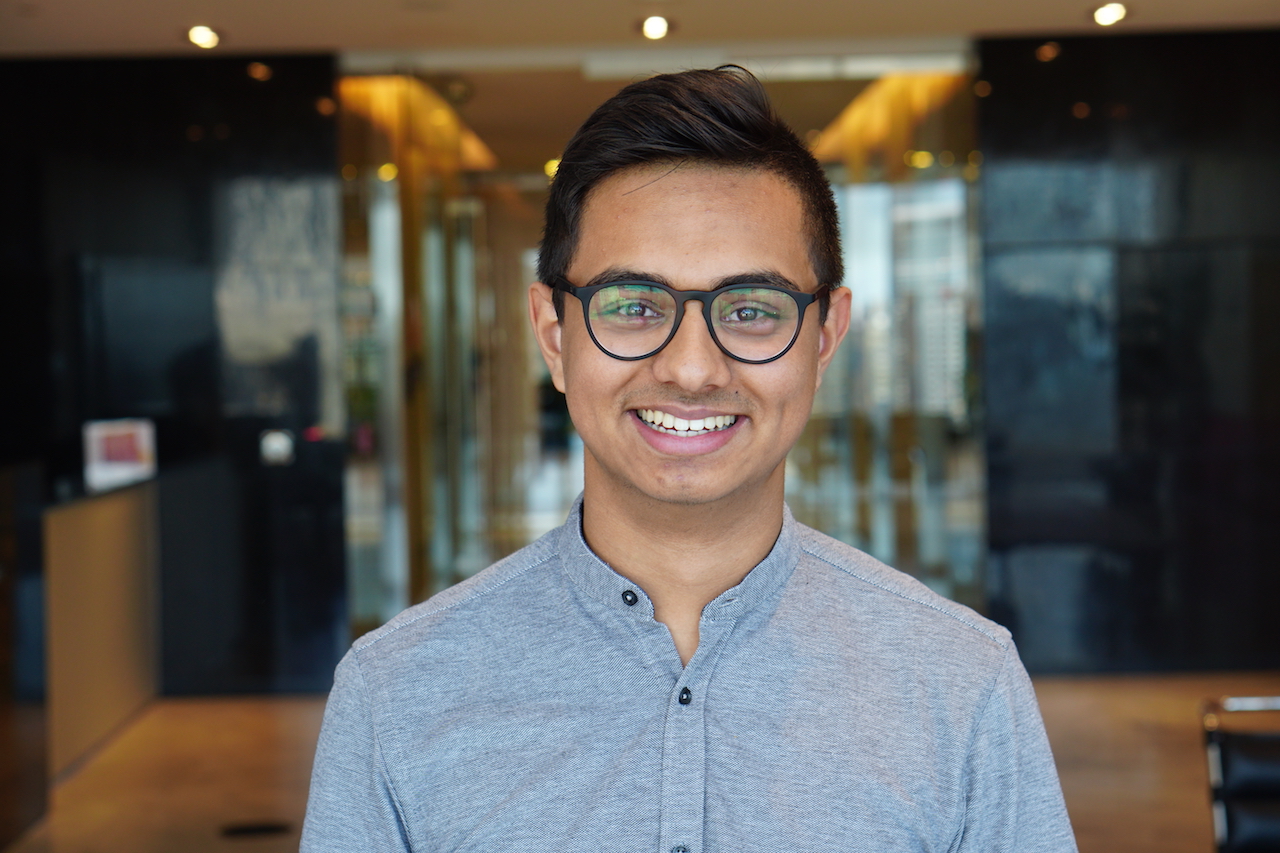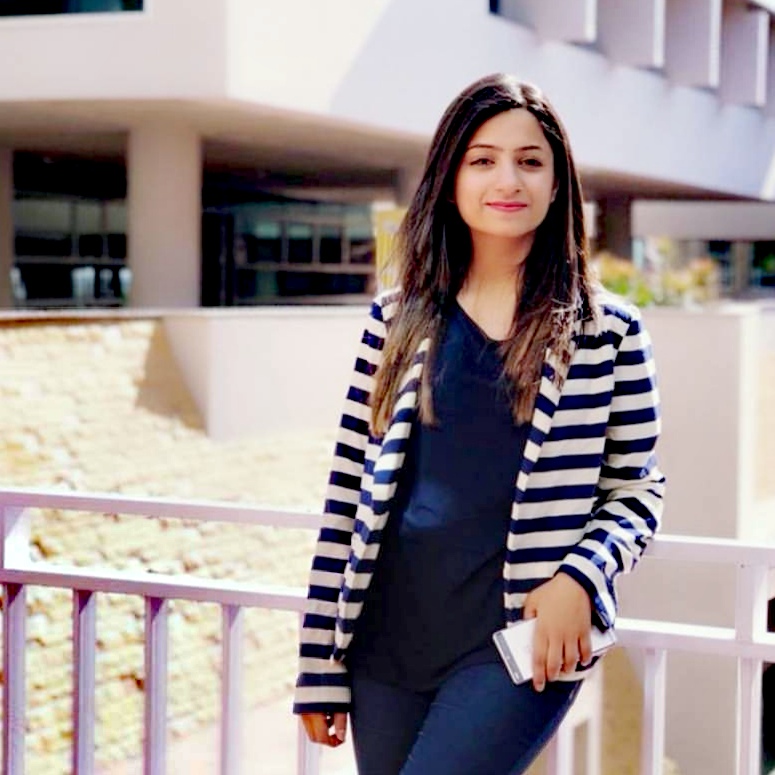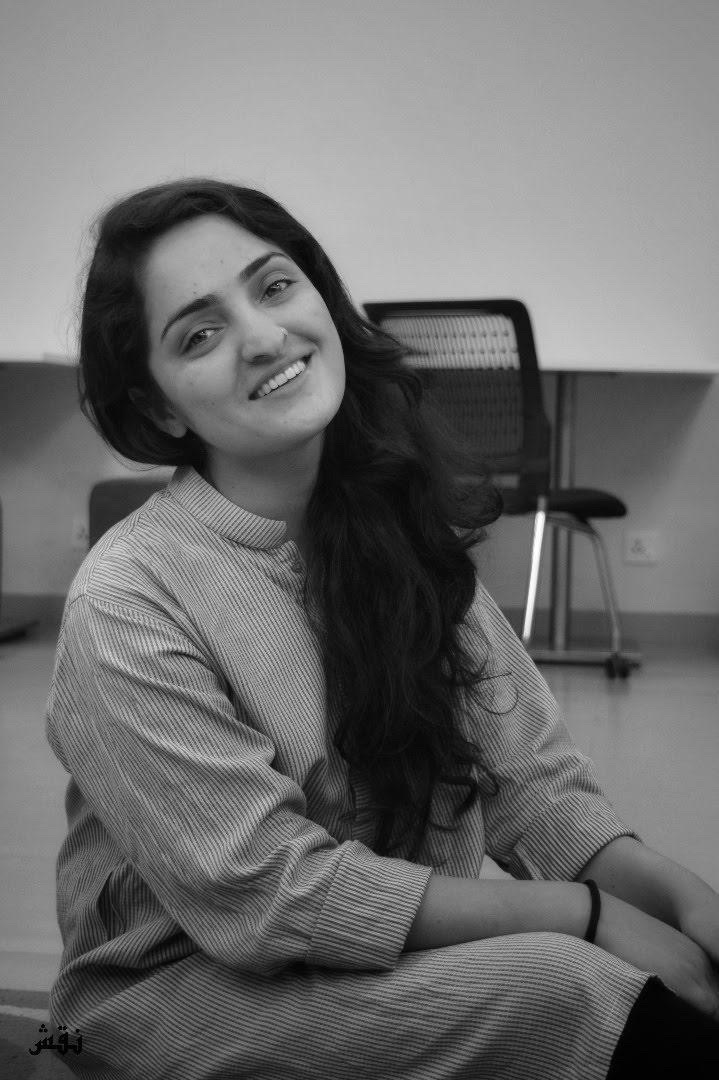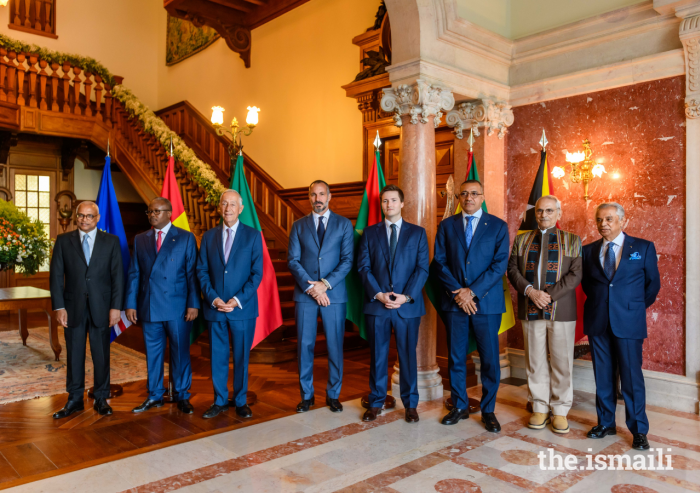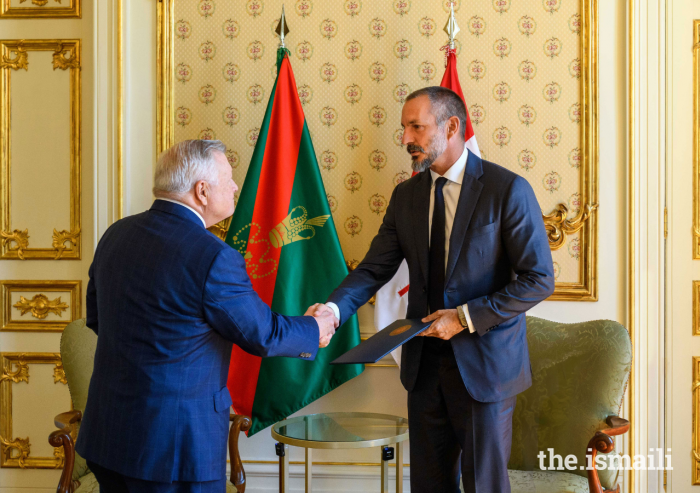In a speech at the Aga Khan University Convocation in Karachi in 2006, Mawlana Hazar Imam said, “We must become full and even leading participants in the Knowledge Society of the 21st Century. That will mean embracing the values of collaboration and coordination, openness and partnership, choice and diversity - which will under-gird the Knowledge Society, learning constantly to review and revise and renew what we think we know - learning how to go on learning.”
From the Bayt al-Hikma’s renowned library in Baghdad to Imam al-Hakim’s establishment of the Dar al-Ilm in Fatimid Cairo, Islamic civilisations have often been the knowledge societies of their age. The collaboration between prominent physicians, thinkers, and astronomers resulted in significant advances in numerous fields, including mathematics, medicine, literature, and philosophy.
From using artificial intelligence to better understand and solve problems in healthcare to exploring modern Islamic architecture, Ismaili youth have been at the forefront of the 21st century Knowledge Society.
Amsal Gilani
Inspired by the AKDN sites he visited while taking part in the Global Encounters programme in Kenya, Amsal Gilani decided that he wanted to build his skillset to be able to one day give back to less developed parts of the world.
Upon returning to Canada, the 16 year old student joined TKS, a programme that exposes youth to newly emerging fields. Since then, Amsal has authored an article on the use of Virtual Reality technology to treat dementia, created an artificial intelligence-powered chatbot, and studied the use of stem cells to extend longevity in life.
Seeing debate as an opportunity to develop his critical thinking and communication skills, he has also competed internationally at the Harvard World Schools Invitational Debate Tournament and is helping to pioneer the Ismaili Debate Initiative in Ontario.
“The Knowledge Society needs strong leaders in order to understand how to fully implement solutions. If you can combine your academic strengths with an ability to communicate, you can become someone who has an impact,” says Amsal.
When asked what advice he has for youth looking to engage with the Knowledge Society, Amsal emphasised the importance of enrolling in online courses, attending conferences and taking advantage of other opportunities to learn about new fields.
“We are so fortunate to have such a strong, supportive community that is focused on helping each other be successful - don’t be afraid to ask for help.”
Shafaat Khowaja and Iram Khan
While finishing their final year of undergraduate studies at Habib University in Pakistan, 22 year old Shafaat Khowaja and 23 year old Iram Khan completed a study on modern forms of architecture in Islamic contexts.
“We wanted to understand why Mawlana Hazar Imam places such a high priority on architecture,” they said.
To accomplish their goal, the two students explored how Jamatkhanas, Ismaili Centres, and other Imamat projects reflect both long-standing traditions and modern styles. They also studied how the buildings are used to bring people of different backgrounds together, creating a space for knowledge exchange, pluralism, and dialogue.
Today, Shafaat is a graduate student at the Institute of Ismaili Studies in London, while Iram is a lecturer in development studies at Karakoram International University and a research consultant for the Aga Khan Cultural Service in Pakistan. In the future, they both hope to continue engaging with the Knowledge Society, using knowledge to promote a better understanding of Islam on the global stage.
“The Knowledge Society presents an opportunity for us to learn from each other and celebrate our differences,” they said.
Just as famous figures in history were the leaders of past Knowledge Societies, today’s youth have the opportunity to be at the forefront of newly emerging fields, making contributions that can have an impact for generations to come.


